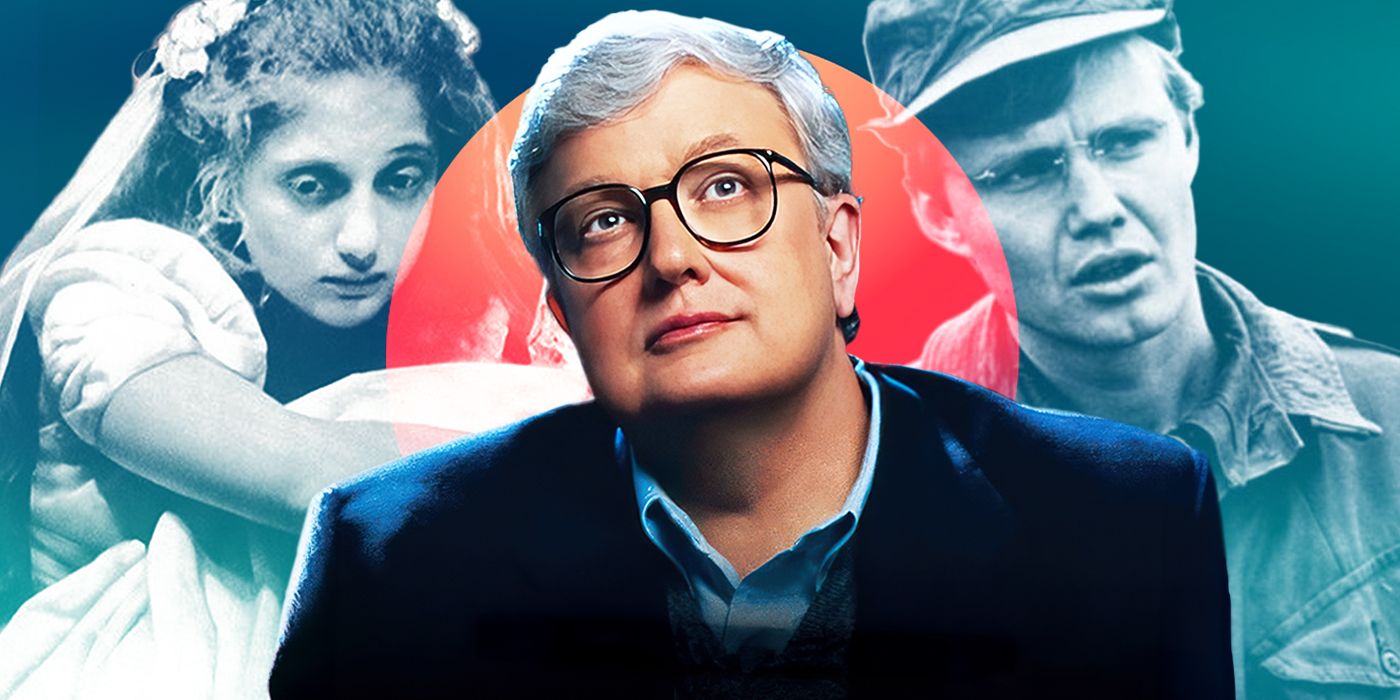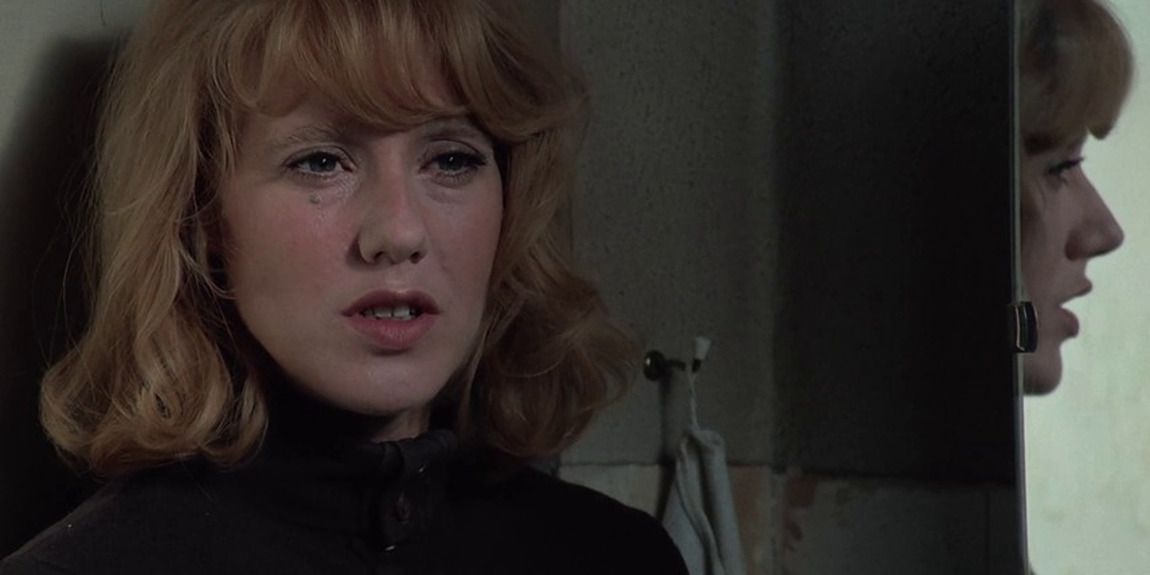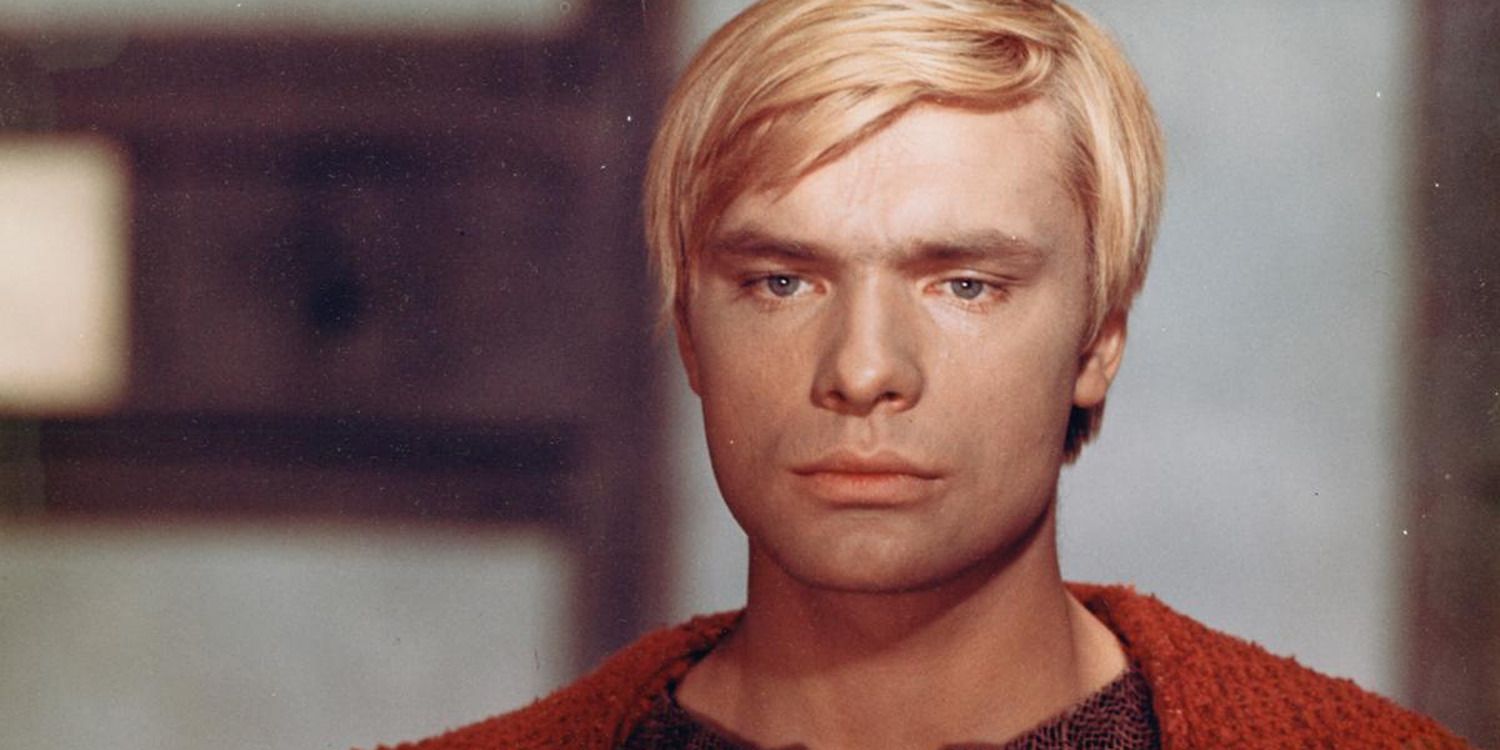The late film critic Roger Ebert was perhaps the best there ever was at his profession. His eloquent, airtight way of writing his reviews was as intimate and perceptive as any critic’s could get, and his eye for unique details that no one but him seemed to be able to discover was unparalleled. To this day, many people still refer to him as the greatest movie critic to ever live, and it isn’t hard to see why.
Over the course of his career, Ebert reviewed over 10,000 films. Of these, only a little over a thousand got a full rating of four out of four stars from him. Though most of these admirable works are well-known among movie fans, there are a few that have been lost to time, becoming obscure artworks with only a few ratings on IMDb. From an acute Senegalese satire like Guelwaar to a hidden Hollywood gem like The Revolutionary, Ebert would surely agree that these films are in dire need of rediscovery and reevaluation.
10 ‘A Woman’s Tale’ (1991)
Directed by Paul Cox
The Australian drama A Woman’s Tale is an intimate look at the last days in the life of an elderly cancer victim. What makes the film all the more powerful is that director Paul Cox wrote the whole thing specifically for lead actress Sheila Florance, an icon of Australian cinema who was in fact dying of cancer as she played what was essentially a self-portrait. She passed shortly after the movie was released.
Even though those who have seen it would surely have no problems calling A Woman’s Tale one of the most underrated Australian movies they’ve seen, only 482 people have rated it on IMDb. Ebert, thankfully, is one of the lucky people who saw it, going so far as to include it in his highly prestigious Great Movies list, an honor that only a little over 300 films were ever worthy of. In his review, he called it “honest, brave, and profoundly touching,” and that means a lot coming from the greatest film critic who ever lived.
Watch on YouTube
9 ‘The Whole Shootin’ Match’ (1978)
Directed by Eagle Pennell
With the rise of independent filmmaking and the growing appreciation for foreign movies, the 1970s were perhaps the best years for Hollywood cinema in its entire history. Nearing the end of the decade, a film came out of Austin, Texas that helped kickstart the Austin film scene and inspired Robert Redford to create Sundance: The Whole Shootin’ Match, about two lifelong friends trying to find the get-rich-quick scheme that will finally make them a real fortune.
Though most people have never heard of it, as proved by its having only 417 ratings on IMDb, the film had an impact on the American indie film scene that simply can’t go understated. Lost for a long time and only having been restored relatively recently, it’s a masterpiece made by a director who Ebert called in his review “a born story-spinner and creater [sic] of characters.”
Watch on Fandor
8 ‘Guelwaar’ (1992)
Directed by Ousmane Sembène
Mixing profound drama with biting social satire, the French-Senegalese film Guelwaar is about the burial of a Christian political activist in a Muslim cemetery, which forces a conflict imbued with religious fervor. It’s one of the best satire movies of recent times, a powerful examination of religion, gender, and generational differences in Senegal, as director Ousmane Sembène (perhaps the most important African filmmaker ever) slowly peels away layers of universal human understanding.
Ebert reviewed Guelwaar and fell in love with it, calling it “astonishingly beautiful” and noting how very few—if any—Hollywood films are like Sembène’s, which “allows its characters to seem so in control of what they think and say.” African cinema is arguably the most underrepresented when it comes to appreciating foreign films, but Guelwaar is a perfect entry point to start changing that, as the 383 people who rated it on IMDb would surely agree.
7 ‘Wedding in White’ (1972)
Directed by William Fruet
The Canadian drama Wedding in White proves that not even a terrific cast guarantees that a film will be strongly remembered in the future. The movie stars Donald Pleasence (of 007 and Halloween fame) and Oscar nominee Carol Kane, in a hard-hitting story about a father in wartime 1940s Ontario willing to do anything to protect his family’s reputation, when his unmarried teenage daughter becomes pregnant under horrific circumstances.
Though the film only has 369 ratings on IMDb, most people who have watched it agree that it’s a harrowing Canadian indie with excellent performances and a potent script. Roger Ebert was one of these people. In his review, he called Fruet’s film “one of the most merciless, strangely touching portraits of character” he’d ever seen, which cements it as one of the most underrated movies of the ’70s.
Watch on Tubi
6 ‘The Kite’ (2012)
Directed by Prashant Bhargava
In the Hindi-language drama The Kite, a family duels, spins, and soars like the countless kites that fill the sky above them, as India’s largest kite festival takes place. It’s a compelling and emotional tale about family and tradition, shot in an almost documentary-like fashion that gives it an inimitable air of authenticity.
For those who enjoy underrated live-action family movies, The Kite has no equal. It manages to avoid the pitfalls of melodrama to become something much more special, touching, and powerful. Ebert clearly agreed, as his review says that the movie “is joyous, but more than that: It’s lovely in its construction.” As much of a love letter to the city of Ahmedabad as it is a universal tale of community, it’s a sweet story that’s impossible to not enjoy, as the 352 people who’ve rated it on IMDb surely have.
Rent on YouTube
5 ‘The Green Wall’ (1969)
Directed by Armando Robles Godoy
Based on the personal experiences of director Armando Robles Godoy, The Green Wall is, according to many, one of the most underappreciated Peruvian films ever made. It’s the story of a young couple who exchange their urban existence for an exciting life in the Peruvian jungle. The result is a moving story and one of the most visually stunning foreign movies you can find.
It was only the fourth feature ever made in Peru, and critics fell in love with it when it came out at the 1970 Chicago Film Festival (where it won several awards, including Best Feature). Roger Ebert was among those critics. Reviewing the movie, he called The Green Wall “a poem about the life a lot of us would like to lead,” as well as “one of the most beautiful evocations of love” he’d ever seen in a film. Though only 299 people have rated it on IMDb, it deserves a lot more attention.
4 ‘The Revolutionary’ (1970)
Directed by Paul Williams
Even the star talent of actors as legendary as Jon Voight and Robert Duvall couldn’t save The Revolutionary from fading away into obscurity. An intensely politicized slow-burner, it’s an action drama about a radical student who feels betrayed by the college association to which he belongs, thinking that more violent action must be taken to alter the flawed system that’s in place.
Only 299 people have rated the movie on IMDb, and most of them don’t feel particularly strongly about it, but critics loved it at the time of its release, calling it a disturbing and unforgettable work of art. Ebert, too, thought it was a terrific character study about radicalization, calling it “one of [1970’s] best films.”
Watch on Prime Video
3 ‘A Woman’s Decision’ (1975)
Directed by Krzysztof Zanussi
A Woman’s Decision, also known as The Quarterly Balance, is a powerful Polish drama about a middle-aged woman who realizes she wants more out of life, finding herself having to choose between her husband and child or her new lover. Director Krzysztof Zanussi is a legend of Polish cinema, and this is easily one of his best films.
Ebert’s review of the movie praises it to no end, lauding it as one of the best films about womanhood. He called it “a film that has so much to say about one particular woman, and says it so eloquently, that nobody since Bergman has seen a woman character more clearly.” The film takes material that any other creative team might have found too daunting and turns it inside out, revealing a character study with tremendous staying power, as the movie’s 220 raters on IMDb could surely attest.
2 ‘The Red Mantle’ (1967)
Directed by Gabriel Axel
A riveting Viking saga co-produced by Denmark, Iceland, and Sweden, The Red Mantle (also known as Hagbard and Signe) is a romantic adventure about two young beloveds fighting for their love in medieval Scandinavia. Those that enjoy outstanding Medieval romance movies are sure to love this vigorous film about two lovers overcoming all odds to be together.
When he reviewed the film, Ebert called it “a beautiful, lean, spare film,” as well as “a splendid success.” Shot entirely on location in Iceland, The Red Mantle offers sprawling vistas and beautiful visuals like few other epics of its time, appreciated by the 157 people who have rated it on IMDb. Its greatest strength, though, comes from the delightful simplicity of its story, which plays out much like a traditional Medieval legend and has much the same entertaining effect.
1 ‘Mirage’ (1972)
Directed by Armando Robles Godoy
Mirage, another Peruvian masterpiece by Armando Robles Godoy, is an experimental drama about a young man who inherits a broken down estate at the edge of the desert, with no explanation about the former owners. The film then shows his discovery of the answers to the mystery in flashbacks. To this day, Mirage is the only Peruvian film to be nominated for a Golden Globe (having obtained a Best Foreign Language Film nomination), and that’s no small feat.
Ebert watched the movie and loved it, calling it “a work of stunning subtlety and limitless visual beauty” in his review. Directly comparing it to The Green Wall, Robles’s previous feature, he said it was “more complex, difficult and, finally, more rewarding.” It could fairly be called one of the best Spanish-language movies ever, unjustly swept away in the relentless tidal wave of time, remembered only by a few people including the 124 users who rated it on IMDb.






